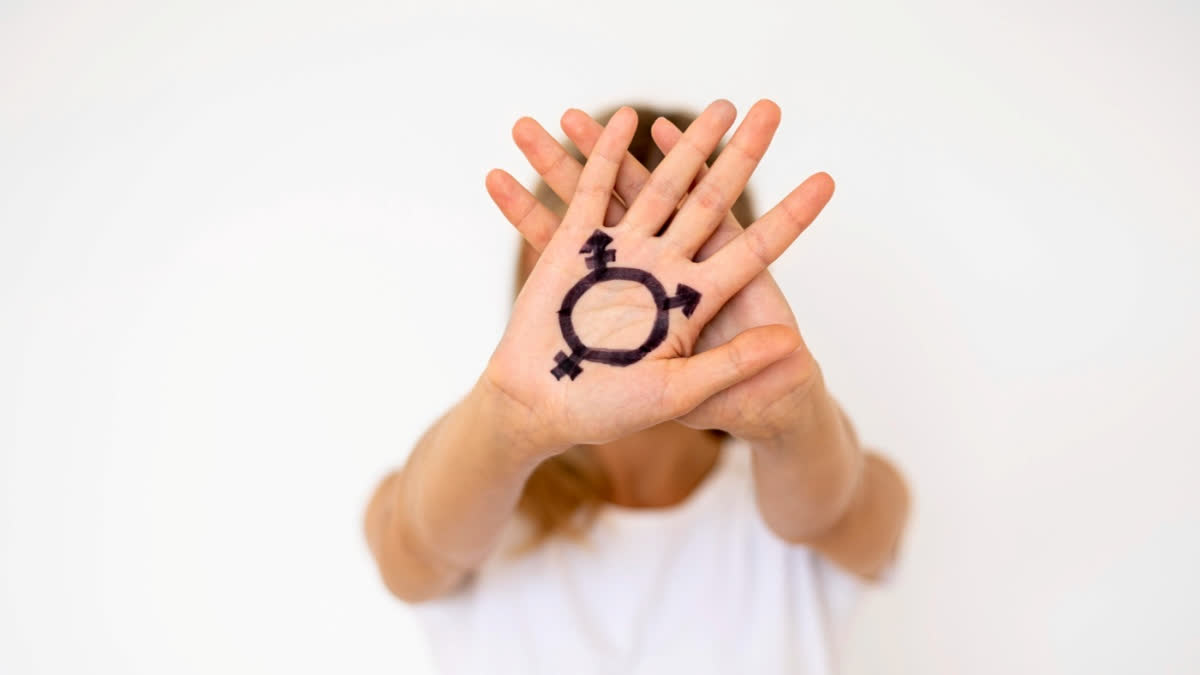Navigating a healthcare system that feels like a maze. Now, imagine you’re autistic and transgender or gender-diverse (TGD). A new study from Cambridge University’s Autism Research Centre reveals that for these individuals, accessing quality healthcare can feel even more daunting.
This research, published in Molecular Autism, is the largest study to date on the intersection of autism, gender diversity, and healthcare. It found that autistic TGD individuals experience significantly poorer health outcomes and healthcare experiences than both their autistic and non-autistic cisgender peers.
The Cambridge team surveyed over 2,500 individuals, including 174 autistic TGD adults, 1,094 autistic cisgender adults, and 1,295 non-autistic cisgender adults. The participants provided anonymous responses about their mental and physical health, as well as their experiences with 51 different aspects of healthcare, ranging from communication with professionals to navigating the logistics of care.
The findings are sobering. Across 50 out of the 51 items surveyed, autistic individuals (regardless of gender identity) reported worse healthcare experiences than their non-autistic cisgender counterparts. But the challenges faced by autistic TGD individuals were even more pronounced.
For example, only 10% of autistic TGD individuals said they understood their healthcare provider’s explanations, compared to 20% of autistic cisgender participants and 100% of non-autistic cisgender respondents. Similarly, autistic TGD individuals were three to 11 times more likely to report anxiety, shutdowns, and meltdowns triggered by common healthcare experiences.
The Double Burden
This research builds on earlier studies that separately highlighted the healthcare struggles of autistic people and TGD individuals. A 2020 study from the same Cambridge research team found that TGD people are more likely to have autistic traits than the general population. Other studies have confirmed that autistic people are disproportionately affected by gender dysphoria. What makes this new research so significant is its focus on how these two identities intersect.
Dr Elizabeth Weir, a postdoctoral scientist at the Autism Research Centre, and one of the lead researchers of the study, said:
“These findings add to the growing body of evidence that many autistic people experience unacceptably poor mental health and are at a very high risk of suicide-related behaviours. We need to consider how other aspects of identity, including gender, influence these risks.”
What Does This Mean in Practice?
